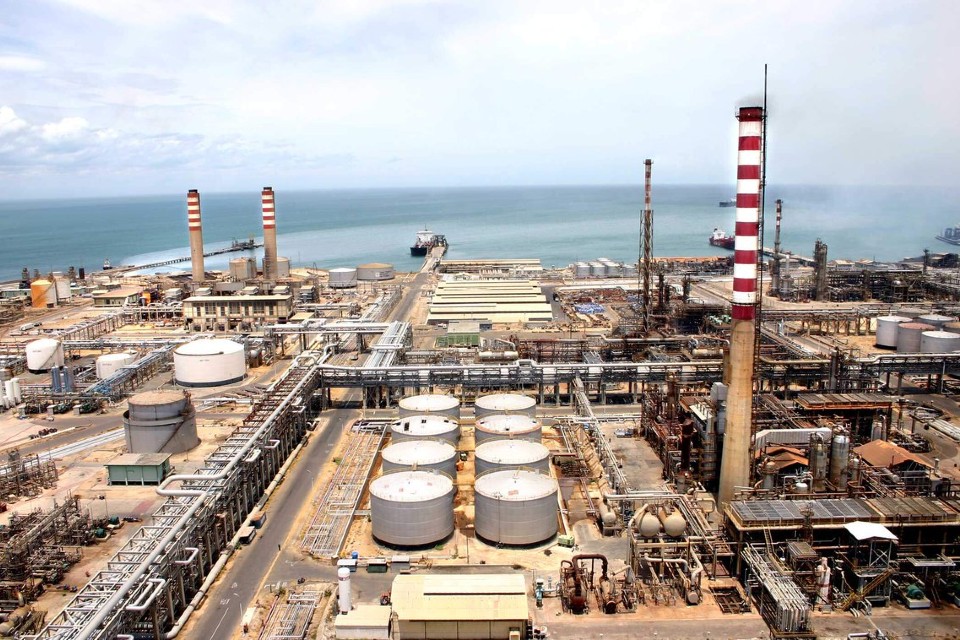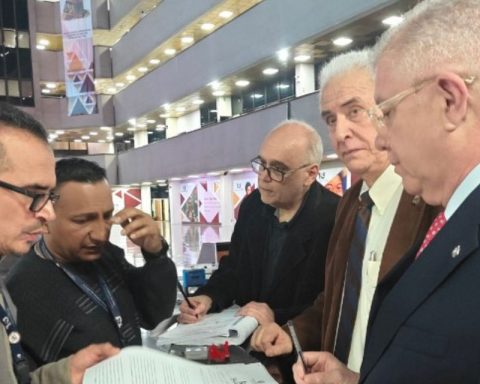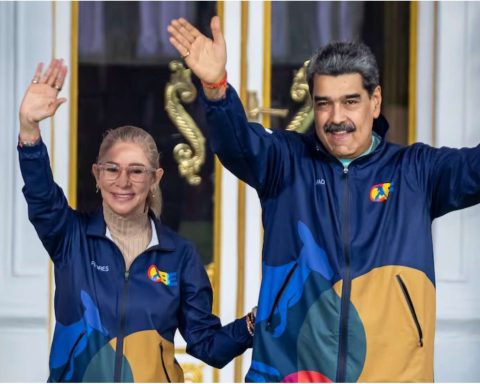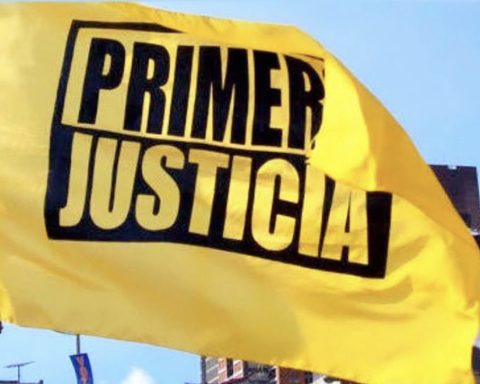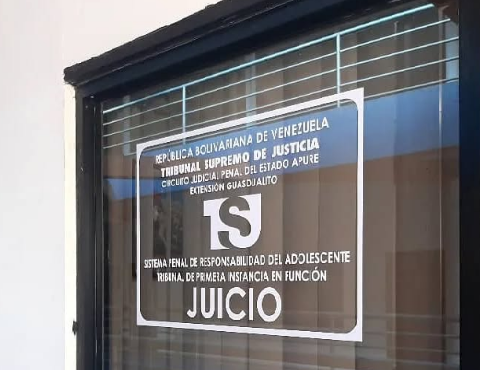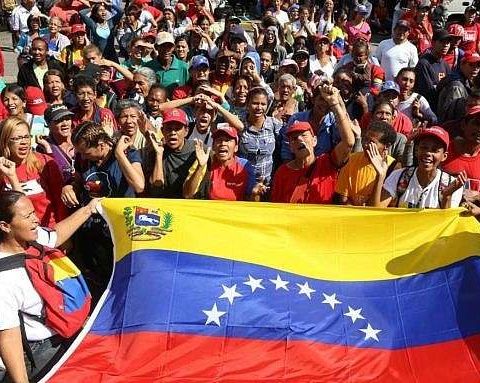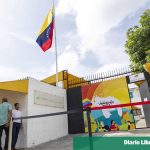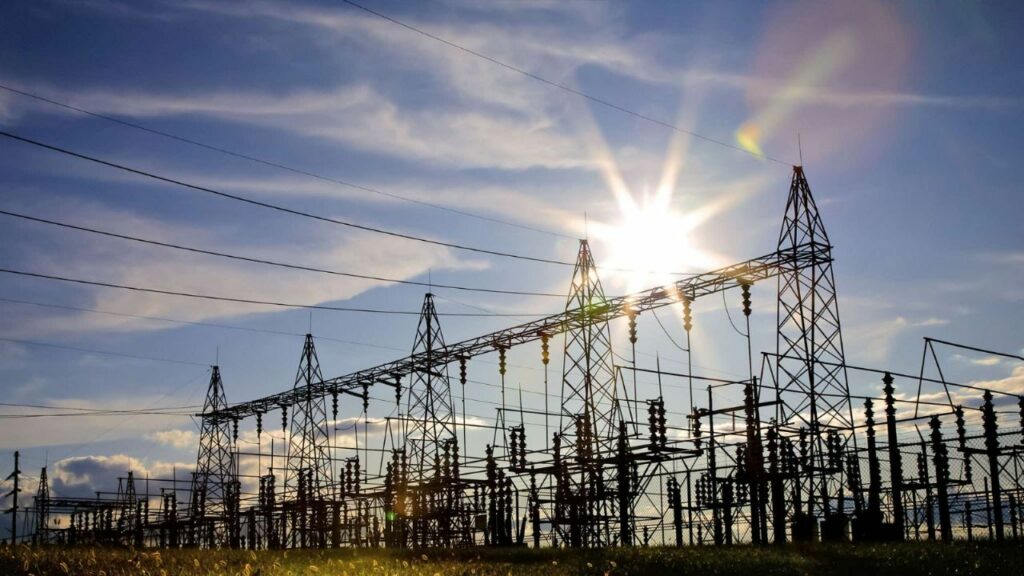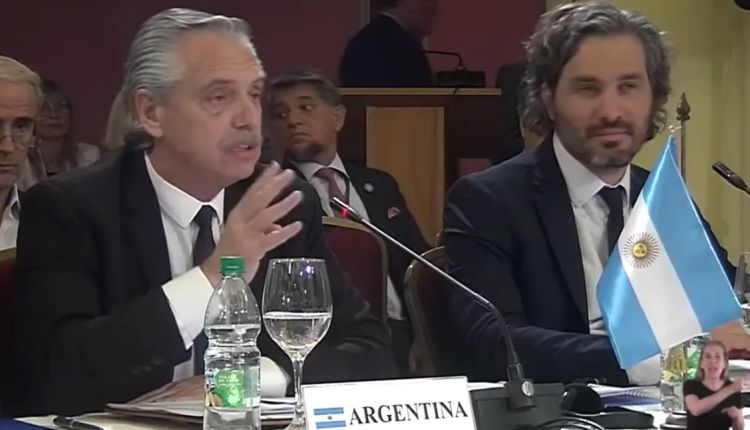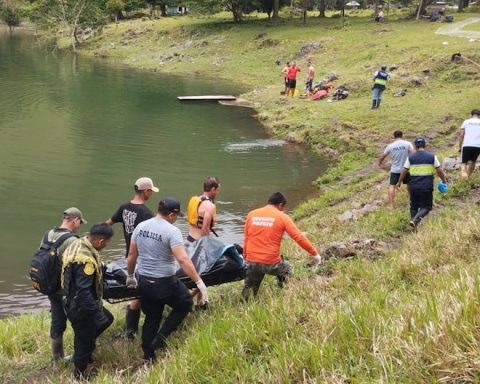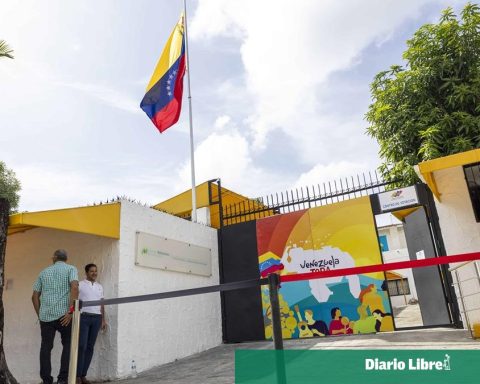The oil workers in Falcón highlighted that there is gasoline in the storage tanks of the Paraguaná Refining Complex. However, little fuel is sent to the subsidized stations while the international ones are delivered according to the demand of each one. On the other hand, the pro-government deputy William Rodríguez said that the lack of oil derivatives is the fault of former minister Rafael Ramírez
Oil workers from the Paraguaná Refining Complex (CRP) in Falcón state ratified the failure registered in the Amuay refinery in recent days and confirmed that the reserve tanks, both at that refinery and in Cardón, are full of gasoline.
According to the portal the whistlethe workers seek to solve the emergency that occurred in Amuay with its catalytic cracker, while keeping the fuel tanks full to solve any eventuality that arises.
On the other hand, the reformer plant in Cardón remains operational but, due to problems with the Genevapca power plant, there have been failures to mix the gasoline.
“Those who are waiting for fuel are the ships. There is no production, but there is in the tanks to supply as it has been done. What is, however, is that the litreage in the subsidized pumps has decreased,” said a Cardón worker who preferred not to be identified for fear of reprisals.
The CRP is currently working on an emergency plan, which is why the supply of gasoline has been reduced to half of what is normally delivered at service stations that supply subsidized fuel, while those that charge at international is maintained according to the request made from there.
For his part, the national representative of Petroleros Sin Fronteras, Carlos Colina, warned that both Cardón and Amuay are turned off by the failures with Genevapca.
He recognized that the quality of the gasoline is not the same as that of previous years because it lacks all the chemical additives that made it one of the best and said that in the CRP, production ranged between 175,000 and 200,000 barrels per day to meet national demand and the ships that dock at the docks.
*Read also: Amuay Refinery paralyzed gasoline production due to catalytic cracker failure
Rafael Ramírez’s plan was a “disaster” and damaged the supply of gasoline
The deputy of the National Assembly elected in December 2020 and member of the Energy Commission William Rodríguez said this Tuesday, November 6, that if there is a “turn” in the oil production policy and return to the fields of Zulia, gasoline production could be recovered optimally in about 90 days.
In an interview with VTV, Rodríguez denounced that “much of the crisis” in Venezuela regarding the production of oil derivatives is due to the plan of former minister Rafael Ramírez to “abandon” the wells in the west and east of the country for embracing the work in the Orinoco Oil Belt, causing a deficit of light crude oil that our refineries can process.
“We are obliged to return to the Lake with strength and be able to have about 600,000 barrels per day if a bold plan is assumed,” he stressed.
He recognized that investment is needed to reactivate the oil wells in those states where production was abandoned, while suggesting being able to open the range of sales options in the market towards derivatives. That, in his opinion, could lead to making alliances with Colombia to sell gasoline to the six states of that country where fuel smuggling occurs.
He also spoke of resuming the Trinidad and Tobago market, as well as northern Brazil and even Mexico. However, for this plan, he said that it is necessary to buy crude and then establish an exchange of refining products for unprocessed oil until the wells can be recovered; what can be achieved in 90 days once you have the necessary cash flow.
He considers that the new agreements established with Chevron are positive because they can open the door for other US companies to also want to reactivate their operations, which in his opinion would be the beginning of the end of the sanctions that weigh on the industry.
He clarified that there is stored oil in the tanks of the four joint ventures with Chevron and that, when the first shipment is taken, more crude can be produced. This can initially increase production by 50,000 barrels per day and, if investments are made, it could reach 200,000.
Post Views: 9
